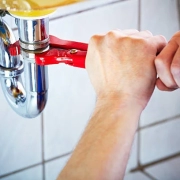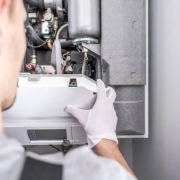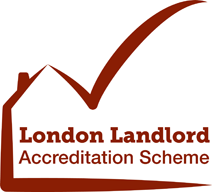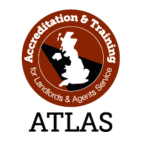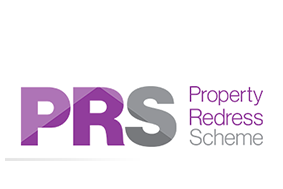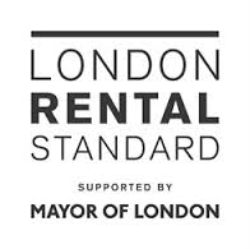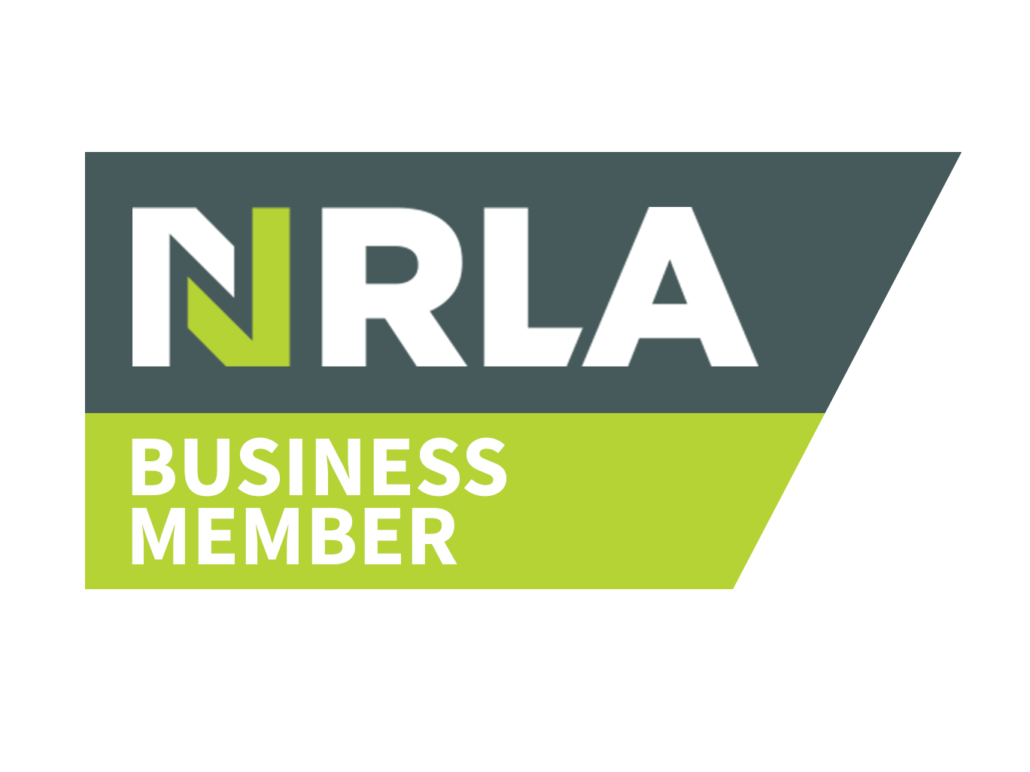London Landlord Guide to Regular Maintenance and Upgrades
London Rentals: Maintenance & Upgrades for Happy Tenants, High ROI
The bustling London rental market promises lucrative returns, but keeping your property in tip-top shape is crucial for maximising your income. Neglecting maintenance and upgrades can lead to tenant dissatisfaction, rent arrears, and even costly repairs down the line. So, how do you strike the balance between maximizing returns and ensuring your property thrives? The answer lies in strategic maintenance and smart upgrades.
Why Regular Maintenance Matters:
Think of regular maintenance as preventative medicine for your property. It’s about catching minor issues early before they snowball into major headaches (and expenses). Here’s how it benefits you:
- Reduced Repair Costs: Addressing small leaks, loose fixtures, or appliance niggles now saves you from costly replacements later.
- Happy Tenants, Longer Leases: Well-maintained properties attract and retain happy tenants, reducing vacancy rates and increasing rental income through longer leases.
- Compliance with Regulations: Regular maintenance ensures your property complies with safety and health regulations, avoiding fines and legal hassles.
- Preserved Property Value: A well-maintained property retains its value, maximizing your return on investment when it’s time to sell.
Upgrade Wisely for Maximum Impact:
While maintenance keeps things running smoothly, strategic upgrades can further boost your rental potential. However, not all upgrades are created equal. Focus on improvements that:
- Increase Tenant Appeal: Modern kitchens and bathrooms, energy-efficient appliances, and improved security features attract premium tenants willing to pay higher rents.
- Enhance Energy Efficiency: Upgrading insulation, windows, and lighting can significantly reduce energy bills, appealing to environmentally conscious tenants and potentially attracting tax benefits.
- Boost Communal Spaces: In shared properties, consider upgrades to shared areas like gardens, laundry facilities, or common rooms to create a more attractive and desirable living space.
London-Specific Tips:
Remember, London’s unique rental market presents specific challenges and opportunities:
- Be Energy Efficient: Londoners are increasingly eco-conscious. Invest in energy-efficient upgrades to comply with regulations and attract environmentally aware tenants.
- Prioritize Safety: Ensure your property adheres to London’s stringent safety regulations. Regularly check fire alarms, gas and electrical systems, and common area accessibility.
- Embrace Technology: Consider smart home features like smart thermostats or lighting systems for added convenience and potential rent premium.
- Work with Local Contractors: Find reputable contractors familiar with London regulations and building materials to ensure quality work and compliance.
Partner for Success:
Managing maintenance and upgrades can be time-consuming, especially for busy landlords. Consider partnering with a local property management company. They can:
- Develop a maintenance schedule: They’ll create a plan for regular inspections and preventative maintenance, ensuring your property stays in top shape.
- Source reliable contractors: They have established relationships with qualified contractors, saving you time and ensuring quality work.
- Handle tenant communication: They can field tenant requests for repairs and maintenance, freeing you to focus on other aspects of your business.
Remember:
Regular maintenance and strategic upgrades are not expenses; they’re investments in your property’s long-term value and rental potential. By prioritizing maintenance, upgrading wisely, and considering London-specific factors, you can ensure your property thrives in the competitive rental market, bringing you maximum returns and peace of mind.


